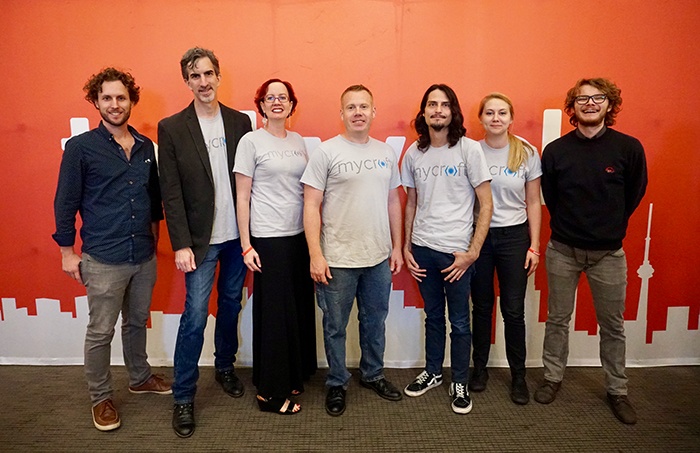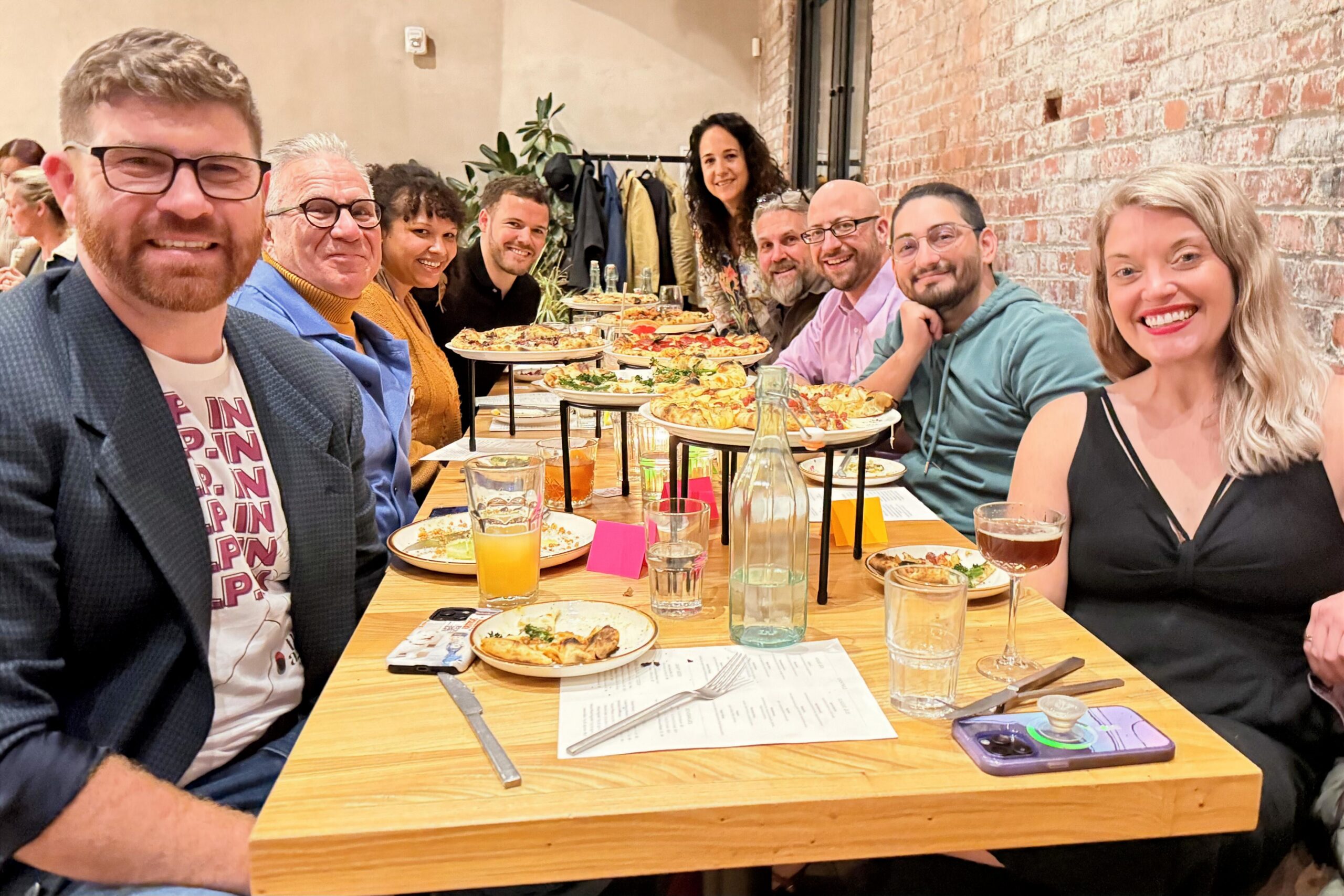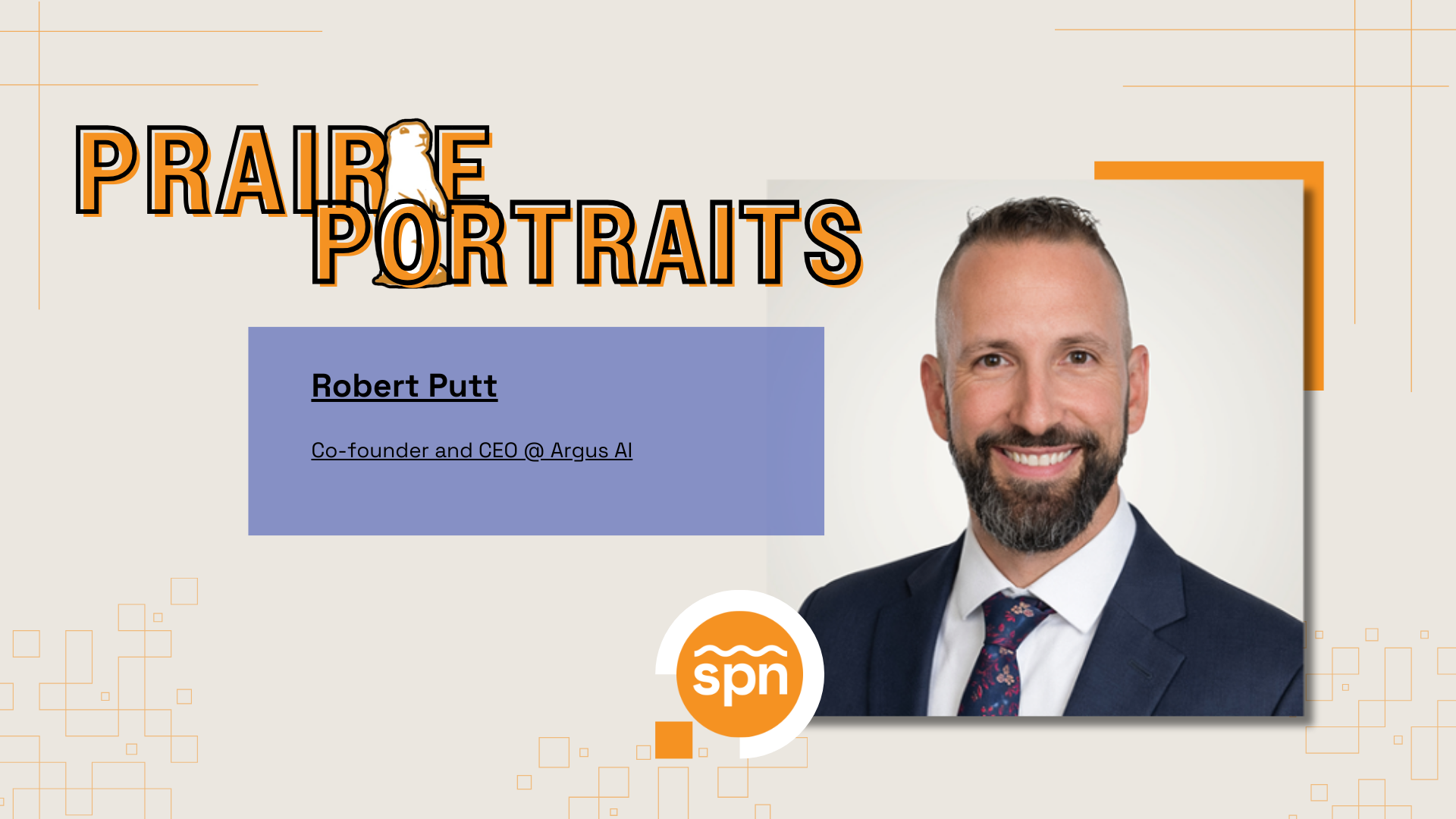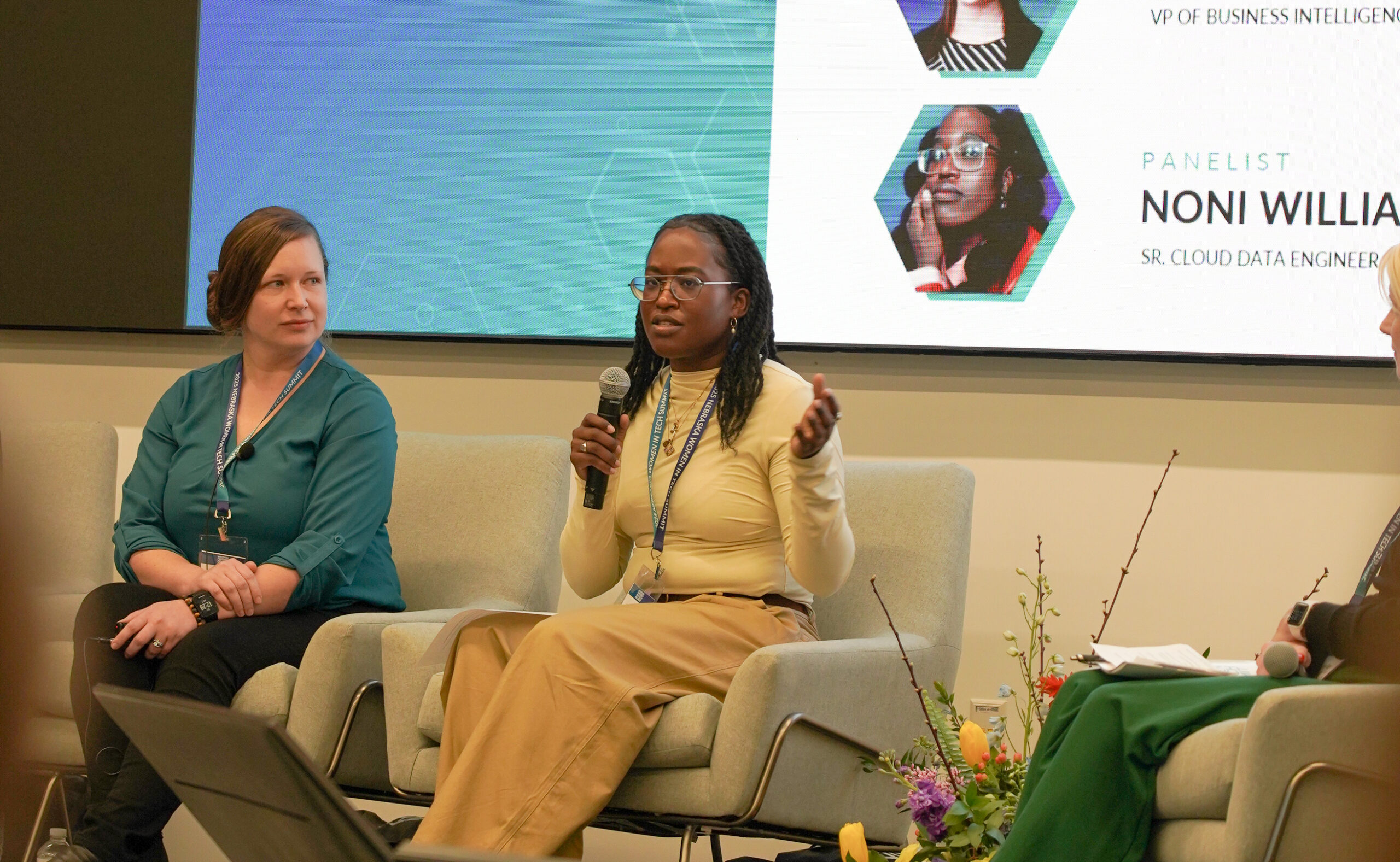
Lawrence-based Mycroft, an open-source, open-hardware artificial intelligence platform, has recently expanded their offices to San Francisco and Kansas City, as well as closed a successful angel round.
We caught up with Joshua Montgomery, CEO of Mycroft, to talk about the success of their Kickstarter campaign last year, their big move, and where Mycroft is headed next.
AI for all
While Mycroft has the ability to control a range of household IOT devices and is an affordable alternative to voice-based AI systems like Amazon Echo, the important thing to note about the product is that it is open source.
“We’re working to provide a platform that allows other companies to integrate the technology with their devices and software,” said Montgomery.
When the team was accepted into Techstars this year, Montgomery said that they were essentially building a device with an open platform behind it so that people could use the technology in a variety of different ways.
“One of the biggest things we learned in Techstars was that while AI technology exists with things like Amazon Echo, Apple’s Siri and Microsoft’s Cortana, there wasn’t much in the open source community,” said Montgomery. “We realized that we had that opportunity to build relationships and to create an open source AI solution.”
Montgomery added that their relationships with Cannonical, Ltd (makers of the popular Ubuntu operating system) will put Mycroft on millions of devices within the next 12 months.
AI for your brand
The benefits of open source AI goes beyond a customizable IOT device. According to Montgomery, individual companies can use the technology to build a voice AI that carries their brand.
“For example, instead of programming Alexa in your thermostat, you can build your own AI with its own voice, behaviors and personality,” said Montgomery.
He said that even Photoshop programs or word processors could benefit from this technology because of the numerous menu options and functions tucked behind the user interface.
“Many times you can’t use the software to its fullest potential unless you’re an expert,” said Montgomery. “We’re now entering this era where computers speak the same language that humans speak. Going forward, if your computer system or IOT device doesn’t have a voice interface, you’re going to be left in the dust by companies that are deploying these technologies.”
AI for any device
Montgomery said that so far the trend for AI has been for the general public to connect with the technology in a strict way that is outlined by the big players in the industry. He said that Mycroft hopes to add a new level of customization to AI.
“We’re breaking down those walls and democratizing it, so that event the smallest company can have access to this powerful technology,” said Montgomery.
Montgomery added that the team recently built Mycroft into a cooktop for GE that allows the visually impaired to control the burner’s temperature and find recipes by using voice commands.
He said that the team is also working with automotive makers to deploy Mycroft as an in-vehicle AI.
“The real potential is that it brings that same type of technology like Siri out into the world and democratizes it,” said Montgomery. “So even a high school student doing a science project now has access to a customizable voice interface, and can do some of the things that a Silicon Valley company is developing for millions of dollars.”
Capitalizing on Kickstarter success
Last year Mycroft launched Kansas’ most successful Kickstarter campaign ever. After reaching 128 percent of its $99,000 goal, Montgomery attributes the success of the campaign to connecting with people who were looking for an open source AI solution.
“There’s a lot of companies and individuals out there that are looking for an open alternative so that they can deploy those types of AI’s onto their own STEM projects,” said Montgomery.
Montgomery added that the team did their homework on what makes a successful Kickstarter campaign.
“There’s a number of things that can lead to a successful crowdfunding campaign such as adding a video to the project,” said Montgomery. “There’s a ton of infographics out there that we researched as well as talking to people that had ran good and bad campaigns.”
The funds that were gathered from Mycroft’s Kickstarter campaign, in addition to funds from their angel round, a Launch KC grant, and ongoing funding from private investors will go towards expanding the capacity of the system and making it easier for developers to contribute.
Montgomery added that Mycroft has already delivered their developer 3D-printed kits to those that pledged more than $100 to the campaign.
“We broke it up into two phases, one was for hardcore developers that wanted to work on the platform before it was released, and the other group was the production version,” said Montgomery.
Montgomery said that hardware projects are tough with Kickstarter and are often delayed. He said that the team is currently waiting on some components from China, and anticipate shipping of the final product by the end of the year.
Connecting KC and San Francisco
Mycroft is also in the process of expanding their office from Lawrence to Kansas City and San Francisco.
“There’s a really vibrant startup community in Kansas City that is centered around the Kansas City Startup Village and the Crossroads District where there are lots of entrepreneurs building companies,” said Montgomery. “There’s also been an increase in capital to fund these companies.”
Montgomery explained that while Kansas City offers a new space for the team to connect with more entrepreneurs, startups and more capital, KC still hasn’t caught up to other communities in terms of the number of venture funds and investors.
“Going forward, I’ll be out in San Francisco building relationships with venture firms and other companies,” said Montgomery. “Another benefit of Techstars is that no matter what city you’re in, the chances are high for you to run into another startup that participated in the accelerator.”
Montgomery added that being successful at building a startup requires being a part of a community, and that community has to consist of other startups, capital markets that function, and the support of local governments and universities.
“There’s this myth that entrepreneurship consists of a man or woman pulling themselves up by their bootstraps and taking on the world by themselves, when in fact it’s a much more social activity that requires a lot of connections and communication,” said Montgomery.
Montgomery added that later this month the team will be announcing a partnership with a large general retailer based in the Midwest.
—
Mel Lucks is a regional freelance journalist and former intern for Silicon Prairie News and AIM.



